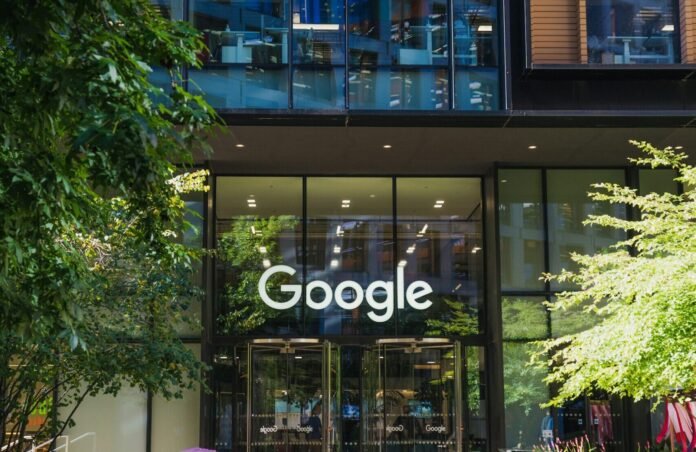Google introduces an AI-powered chatbot option in search, aiming to make queries more conversational and precise
Google has unveiled a new “AI Mode” that brings chatbot functionality directly into its search engine, offering users a more conversational and expert-like experience. The feature launched in the US this week and appears as an option within Google’s search bar, marking a significant step in the company’s push to modernise its flagship product and fend off rising competition from AI rivals like ChatGPT.
The announcement was made at Google’s annual developers conference in Mountain View, California. Sundar Pichai, CEO of Alphabet — Google’s parent company — described the integration of the company’s advanced Gemini chatbot as ushering in a “new phase of the AI platform shift.” Pichai highlighted that the AI Mode allows users to pose longer and more complex questions, with the AI delivering answers that involve deeper reasoning than traditional search results.
Embed from Getty ImagesThis development follows previous efforts by Google to blend AI into search, such as the “AI Overviews” feature launched last year, which provides AI-generated summaries at the top of search results. While AI Overviews initially attracted criticism for some bizarre and inaccurate answers — such as suggesting non-toxic glue to make cheese stick on pizza, or recommending people eat rocks — Google says these were isolated incidents. Since then, AI Overviews have grown significantly, reaching 1.5 billion uses per month across 200 countries and driving over 10% of query growth in major markets like the US and India.
Google’s AI Mode will help minimise the need for users to scroll through countless web pages by delivering more direct, conversational answers. Leo Gebbie, principal analyst at CCS Insight, said this would save users time and enhance search efficiency, allowing them to “talk with Google’s AI tools” rather than endlessly browsing.
This shift could transform Google’s search business, which remains the core driver of the company’s revenues. However, as Cory Johnson, chief market strategist at Epistrophy Capital Research, points out, there is a tension between efficiency and revenue generation. “Google is getting more efficient at answering questions, but less efficient at generating clicks — and clicks is how they get paid,” he said.
Alongside the AI Mode, Google revealed plans to launch a subscription AI tool and develop new augmented reality (AR) glasses in partnership with eyeglass retailers Warby Parker and Gentle Monster. These new glasses will feature cameras, microphones, and speakers, aiming to compete with Meta’s AI-powered Ray-Ban glasses. Google hopes to begin building the product later this year, marking a renewed push into wearable tech more than a decade after the original Google Glass failed commercially.
Google’s AI ambitions come at a time when the company faces increased regulatory scrutiny and legal challenges over alleged monopoly practices in search. The firm must balance innovation with legal pressures and the shifting demands of users who expect faster, smarter, and more intuitive search experiences.
Despite these challenges, Sundar Pichai remains optimistic. He hailed AI Overviews as “one of the most successful launches in search in the past decade” and positioned AI Mode as the next big leap in Google’s ongoing transformation.
With AI becoming a cornerstone of the next generation of search, Google’s integration of chatbot technology could reshape how millions of people interact with information online — turning search from a list of links into an intelligent dialogue.
